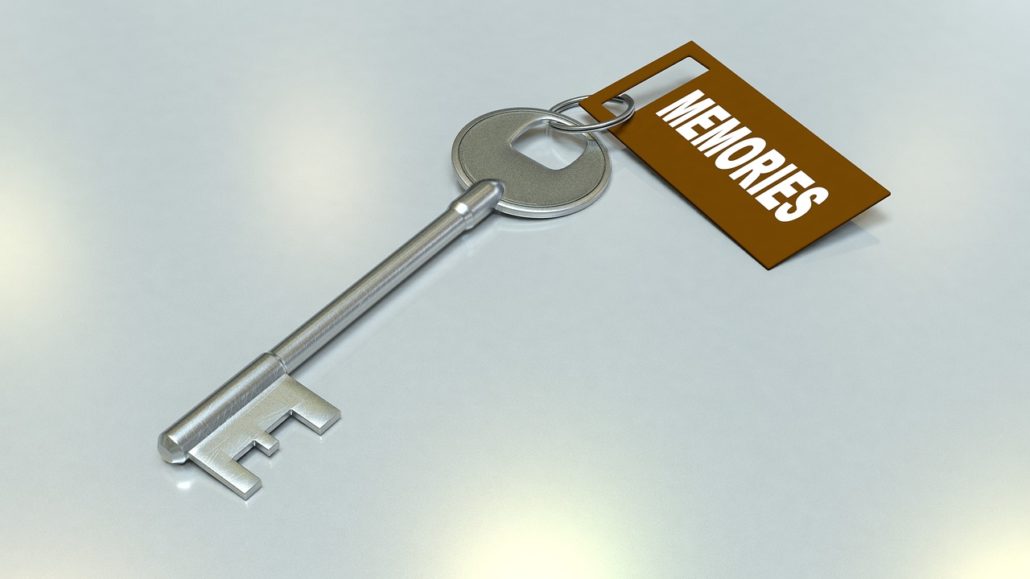People who know me understand how I define anxiety. One version is rumination. This is when you are focused on the past, on memories about something that occurred. Perhaps it was a conversation that went wrong, or you are worried about someone’s opinion of you in those circumstances. Or it is this…

Anxiety is when you are fretting over a future event. You are seeking certainty, about a work presentation or project, a family situation, an illness’s outcome, or a relationship and where it is headed.
The past or the future are your only concerns.
Never the now, which means you lose out on being present.
My favorite old Chinese proverb addresses this nicely:
TENSION IS WHO YOU THINK YOU SHOULD BE. RELAXATION IS WHO YOU ARE.
Think about these definitions in relationship to your worries.
Anxiety Coping Skills
When I am initially working with a client, one of the first tasks we do is to get some coping skills going. Coping skills are sort of “go-to” activities that you can adopt while you are learning deeper ways to manage your anxiety. They don’t cure anxiety, but they help you by buying time to climb off of your angsty mountaintop enough to move forward with your day.
Here’s one technique to consider. I call it “The Switch,” and there are many more that I can teach you.
Rumination: The Switch
When you are ruminating, forcefully say to yourself “STOP!”
Then immediately and physically turn your body in space and go do something else for a couple of minutes. Tie your shoe, wash your hands, go to the bathroom, unload the dishwasher, get out your exercise clothes, decide what to make for dinner, make a grocery list–you get the idea. Change what your are focused on by shifting your attention both physically and mentally to another task.
After you do this for just a little while, you may be able to return to whatever task or work you were doing before, newly refocused.
The benefit of briefly shifting your attention is that it gives your body and mind time to get a little distance and perspective on the issue that is bothering you. This tactic will buy you time to pull back from the negativity and refocus. And you can repeat it if necessary.
A thought is just a thought, and you do not have to sit with it. With rumination, words are just words, and you do not have to make these particular words so important. It is about how much, or how little, importance you assign to your thoughts. It is a choice you can actively make.
If you would like to learn more techniques, but even better, how to manage your anxiety for the long term, call me or shoot me an email. I am in your neighborhood and ready to help.










